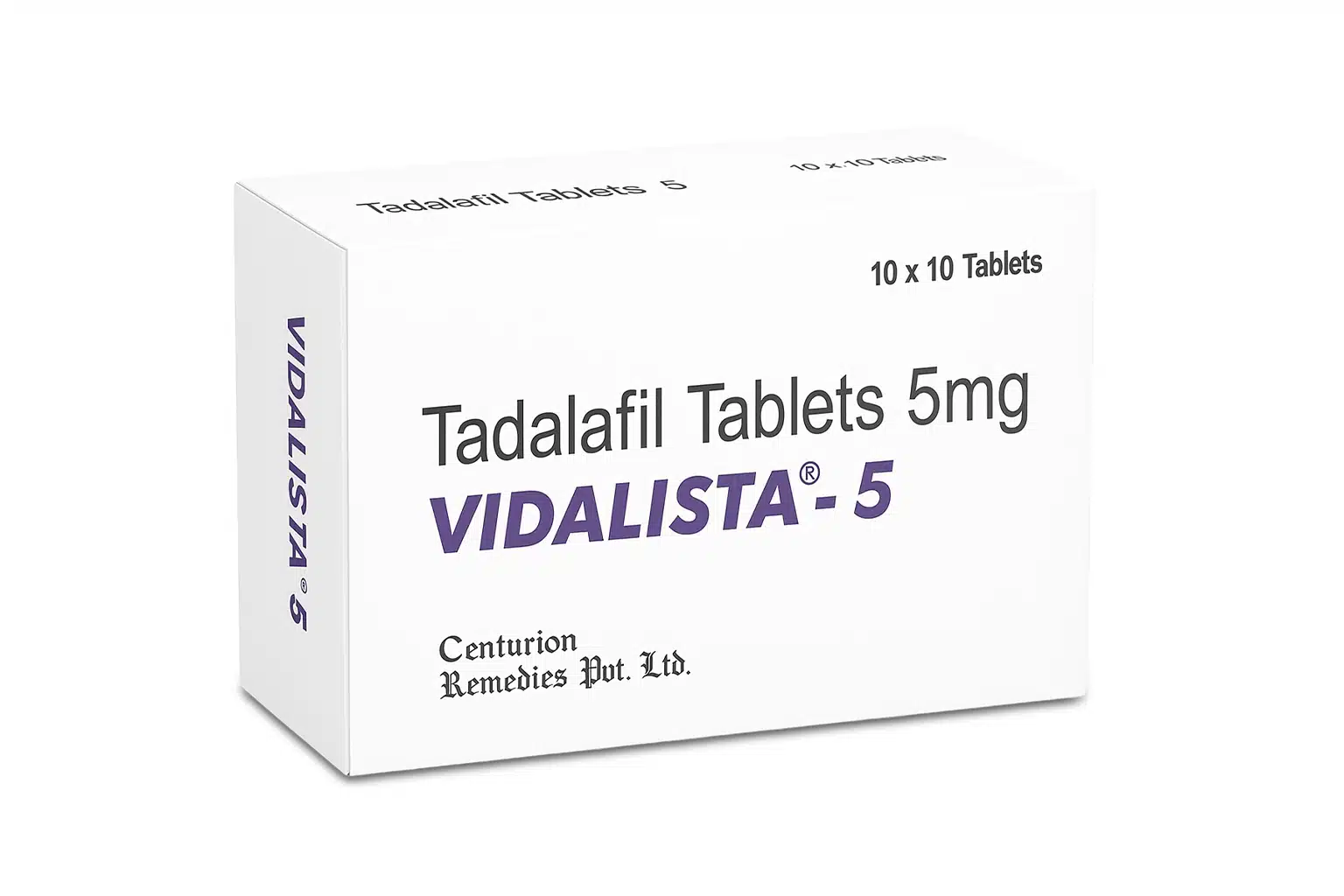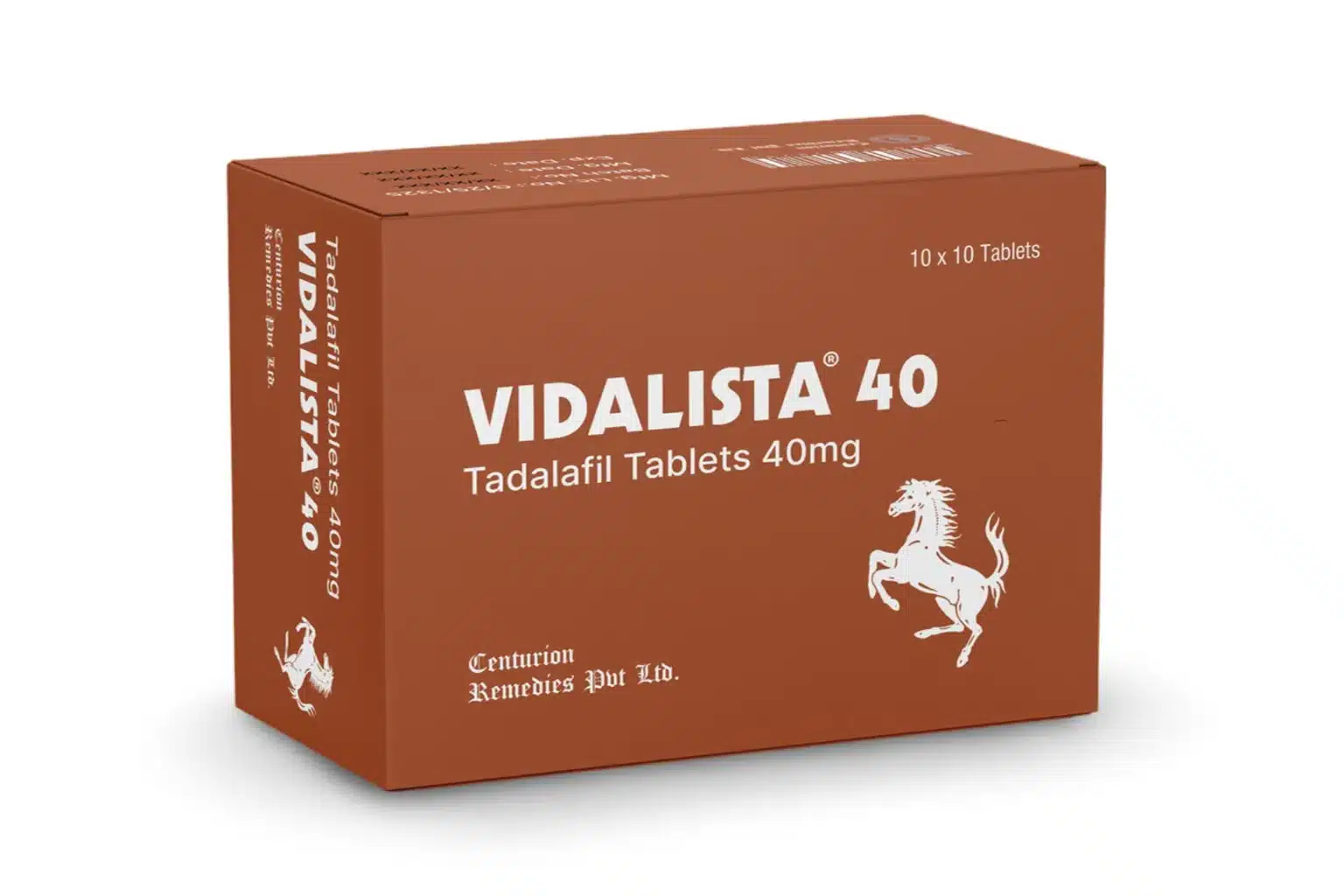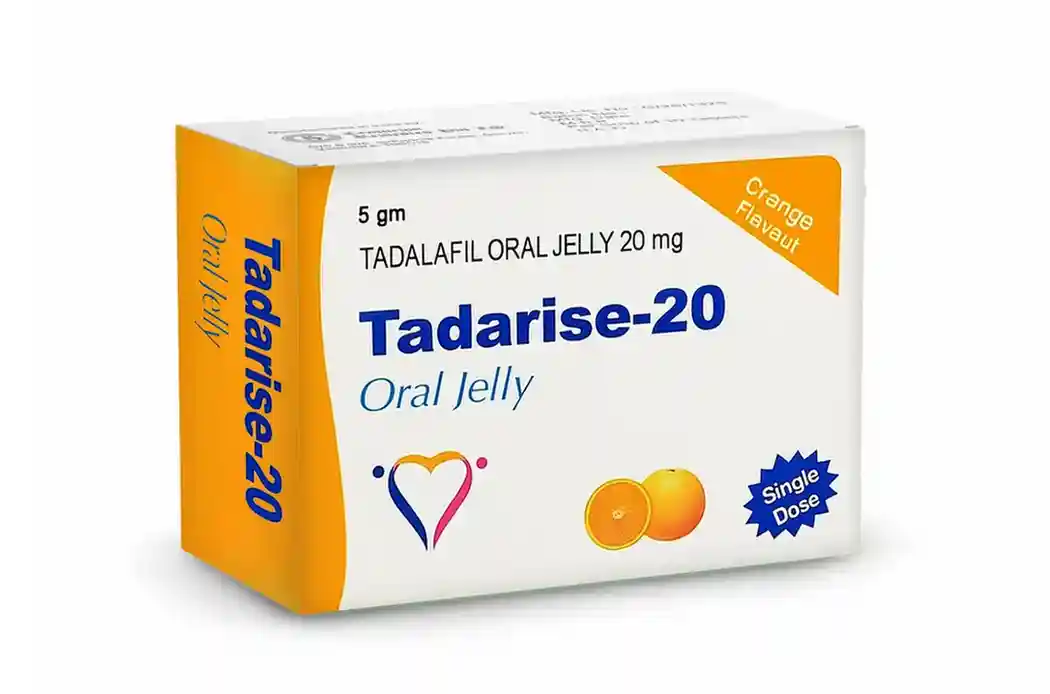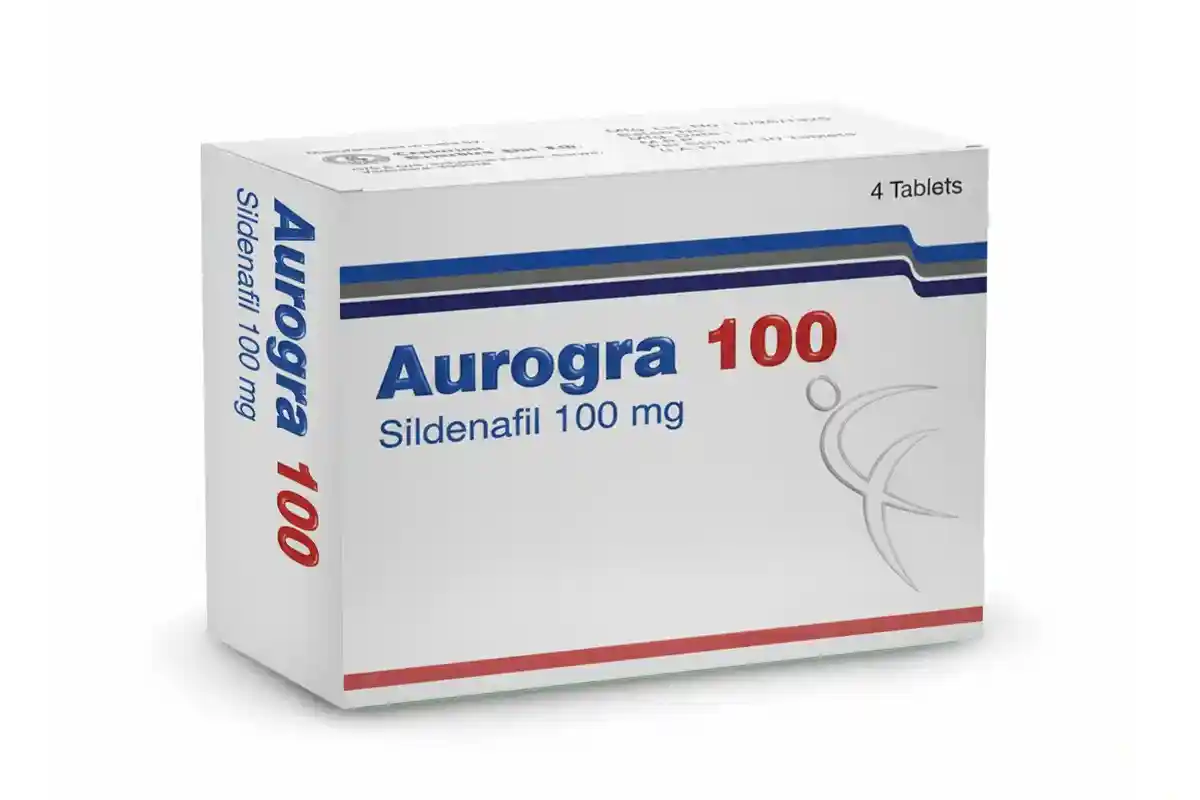Masturbation is one of the oldest, simplest—and still most misunderstood—ways humans soothe stress, explore pleasure, and learn about their bodies. If you’re reading this because you want to use masturbation as a healthy coping tool (not as a way to avoid problems), you’re in the right place. This guide explains the science, busts common myths, answers the questions people Google (like does masturbating make you weaker or does masturbation help sleep), and gives practical, evidence-based ways to get the mental health benefits of self-pleasure while avoiding the traps (guilt, compulsivity, or interference with daily life).
Short summary: orgasms and sexual release produce chemicals (endorphins, dopamine, oxytocin, prolactin) that lift mood, ease stress, and often help people fall asleep. Those effects can be harnessed deliberately with mindful practice, healthy boundaries, and attention to life balance. But if masturbation causes guilt, relationship harm, or disruption to work/school, you should get support from a clinician.
The biology: why orgasm often helps mood and sleep
When you masturbate to orgasm your brain and body release a short cascade of neurochemicals:
- Dopamine — the “want/pleasure” neurotransmitter that peaks during sexual arousal and reward.
- Endorphins — natural painkillers that reduce stress and produce calm.
- Oxytocin — the “bonding” hormone that promotes relaxation and social comfort.
- Prolactin — rises after orgasm and is closely tied to post-orgasm relaxation and sleepiness.
This mix explains why many people feel calmer, less anxious, and more ready to sleep after orgasm — it’s not magic, it’s neurochemistry. Several population surveys and diary studies confirm that people commonly report better sleep and short-term mood improvement after orgasm, whether solo or partnered.
Important nuance: the mood lift is often short-term. For long-term mood disorders (major depression, bipolar), masturbation might be a helpful short-term coping tool but is not a substitute for therapy, medication, or a medical plan. Some people even experience a paradoxical dip in mood after sex (postcoital dysphoria) or feel guilty because of beliefs about sex—which can worsen mood instead of helping it.
Myth-busting: common questions people ask
- “Does masturbating make you weaker?”
No scientific evidence supports the idea that normal masturbation makes you physically weaker or reduces long-term energy. At most you may feel briefly tired right after orgasm because of the prolactin surge and relaxation response; that’s temporary, like feeling sleepy after a big meal. Claims that masturbation drains “vital energy” are cultural or moral beliefs rather than biological facts. If you notice persistent weakness or fatigue after sexual activity, talk to a healthcare provider to rule out sleep problems, depression, medication side effects, or medical conditions. - “Does masturbation help sleep?”
Many people say yes: orgasm releases hormones that reduce stress and promote sleepiness, and multiple surveys and diary studies report that people fall asleep faster or sleep more soundly after orgasm. Still, the scientific literature is mixed: some controlled studies show clear sleep benefits for many people, while others find smaller or inconsistent effects. So it’s reasonable to try masturbating before bed if you want better sleep—but track whether it actually helps you. - “Is masturbation a sin?”
This is a value question tied to personal faith and culture. Religions and traditions differ: for example, Catholic teaching has historically described masturbation as morally wrong in many circumstances (see Catechism/Church teachings), while secular medical authorities like the NHS and mainstream medical organizations treat masturbation as normal sexual behavior. If religious beliefs cause guilt that harms your mental health, consider speaking with both a trusted spiritual advisor and a mental health professional to reconcile faith and wellbeing.
Can orgasm help with depression? (yes — cautiously)
(You’ll notice I quoted the phrase can orgasm help depression exactly—people type it that way.) Short answer: orgasms can provide short-term relief from depressive symptoms because of the neurochemicals described above. Research shows people often use masturbation as a coping strategy to reduce anxiety and negative moods. Recent reviews and surveys indicate that masturbation is commonly used to self-soothe and can temporarily improve mood and reduce stress.
However, important cautions:
- The relief is usually transient; chronic or severe depression needs treatment (therapy, medication).
- If masturbation becomes compulsive or is accompanied by intense guilt/shame, it can maintain or worsen depressive symptoms for some people. A few clinical reports link masturbatory guilt to depression.
So: masturbation can be a useful self-soothing tool in your toolkit — but it’s not a replacement for professional care when depression is moderate-to-severe.
Best Seller
-
Cenforce 100 Mg
Best Seller$24.00 – $215.00Price range: $24.00 through $215.00Rated 4.50 out of 5Shop Now This product has multiple variants. The options may be chosen on the product page -
Vidalista 5 Mg
best sellers$18.00 – $182.00Price range: $18.00 through $182.00Rated 4.00 out of 5Shop Now This product has multiple variants. The options may be chosen on the product page -
Vidalista 40 Mg
Best Seller$28.00 – $276.00Price range: $28.00 through $276.00Rated 4.00 out of 5Shop Now This product has multiple variants. The options may be chosen on the product page -
Cenforce 200 Mg
best sellers$31.00 – $335.00Price range: $31.00 through $335.00Rated 4.00 out of 5Shop Now This product has multiple variants. The options may be chosen on the product page -
Cenforce Fm
best sellers$33.00 – $218.00Price range: $33.00 through $218.00Rated 4.00 out of 5Shop Now This product has multiple variants. The options may be chosen on the product page -
Kamagra 100 mg
best sellers$24.00 – $125.00Price range: $24.00 through $125.00Rated 5.00 out of 5Shop Now This product has multiple variants. The options may be chosen on the product page -
Fildena 100 mg
best sellers$24.00 – $244.00Price range: $24.00 through $244.00Rated 4.00 out of 5Shop Now This product has multiple variants. The options may be chosen on the product page -
Malegra Oral Jelly 100 Mg
best sellers$8.00 – $44.00Price range: $8.00 through $44.00Rated 5.00 out of 5Shop Now This product has multiple variants. The options may be chosen on the product page -
Super Kamagra Oral Jelly
best sellers$25.00 – $120.00Price range: $25.00 through $120.00Rated 4.00 out of 5Shop Now This product has multiple variants. The options may be chosen on the product page -
Tadarise Oral Jelly
best sellers$19.00 – $72.00Price range: $19.00 through $72.00Rated 4.00 out of 5Shop Now This product has multiple variants. The options may be chosen on the product page -
Careforce 200 Mg
best sellers$29.00 – $332.00Price range: $29.00 through $332.00Rated 5.00 out of 5Shop Now This product has multiple variants. The options may be chosen on the product page -
Stallegra 100 Mg
best sellers$88.00 – $224.00Price range: $88.00 through $224.00Rated 5.00 out of 5Shop Now This product has multiple variants. The options may be chosen on the product page -
Exclusive
Aurogra 100 Mg
best sellers$29.00 – $76.00Price range: $29.00 through $76.00Rated 4.00 out of 5Shop Now This product has multiple variants. The options may be chosen on the product page -
Priligy 30 mg
best sellers$22.00 – $156.00Price range: $22.00 through $156.00Rated 4.50 out of 5Shop Now This product has multiple variants. The options may be chosen on the product page
Is it bad to masturbate every day?
Short, evidence-based answer: No, daily masturbation is not inherently bad for most people. Frequency studies show wide normal variation: some people masturbate multiple times per day, others rarely or never. Research has not established a universal “harmful” frequency; what matters is whether the behavior interferes with life (work, relationships, responsibilities) or causes pain, injury, or distress.
Signs it may be a problem:
- You miss work, school, or family time because of the behavior.
- You continue despite the desire to cut down.
- It causes physical injury or severe relationship problems.
If any of the above apply, talk to a clinician (GP, sex therapist, or mental health professional). Compulsive sexual behavior is recognized clinically and there are effective treatments.
Men masturbating: special notes
Men reporting masturbation are common in epidemiological studies; prevalence and frequency vary by age, relationship status, and cultural background. Research shows potential physical benefits for men, including a possible reduced risk of prostate cancer with higher lifelong ejaculation frequency in some cohort studies (though this area is complex and not definitive). Mentally, masturbation can relieve stress and boost mood in men as it does in women, but the same cautions apply: compulsivity, porn-related distress, or guilt can create problems.
If you’re a man worried about erectile function, note: regular masturbation does not cause permanent erectile dysfunction. However, excessive porn use or performance anxiety can interfere with partnered sex. If erectile problems appear, consult a clinician—treatment options exist.
How to maximize the mental health benefits — practical, research-backed steps
- Make it mindful
Slow down. Pay attention to bodily sensations, breathing, and present-moment pleasure instead of multitasking with social media or anxiety-producing content. Mindful self-touch increases positive emotion and reduces shame for many people. NHS leaflets and psychosexual clinics provide simple guided exercises for mindful self-touch. - Use it as a tool, not an escape
Masturbation is a healthy way to reduce acute stress. But if you’re using it to avoid emotions you can’t tolerate (chronic loneliness, unresolved trauma), pair it with therapy or coping strategies (talking to a friend, journaling, exercise). This prevents reliance on masturbation as your sole coping skill. - Time for sleep is helpful
If orgasm reliably helps you fall asleep, schedule it as part of your bedtime routine—at most once per night if needed. Track sleep quality objectively (sleep diary or app) for a couple of weeks to confirm it’s helping you. - Reduce guilt: reframe with facts
If religious or cultural beliefs make you feel guilty, speak with trusted advisors and mental health professionals. Many people reconcile their beliefs and their sexual health with counseling or by identifying values-based limits that work for them. - Beware of problematic porn use
If porn is causing relationship friction, sexual dissatisfaction, or compulsive behavior, reduce exposure and consider therapy that targets behavior and underlying issues. Porn-use problems can change dopamine response and sexual expectations. - Protect physical health
Use gentle technique and lubrication if needed to avoid chafing or injury. If there’s pain, bruising, or persistent discomfort, see a clinician. - Combine with other healthy habits
Masturbation works best when paired with good sleep hygiene, exercise, a balanced diet, and social connection. It’s a tool in a broader lifestyle approach to mental health.
Why Some Men Use ED Products for Masturbation, Erectile Fatigue, and Other Reasons
Masturbating a lot doesn’t directly “cause” erectile dysfunction, but it can sometimes make what experts call “erectile fatigue” happen. This happens when the penis doesn’t respond as strongly after a lot of sessions in a short amount of time. This is because the body needs time to heal.
For men who already have trouble getting or keeping an erection, this tiredness may feel like ED. Some people turn to erection pills like Kamagra 100 mg, which has sildenafil citrate in it (the same active ingredient as Viagra), when this happens. Kamagra helps blood flow to the penis, which makes it easier to get a hard erection when you want one.
Masturbation is usually good for you, but using porn too much or getting too much stimulation can sometimes make you mentally dependent on it. This is when ED products or therapies become more important—not as a way to stop masturbation, but as part of a larger plan to treat ED when natural arousal isn’t enough.
Quick, practical “how-to” checklist (do this tonight if you want)
- Choose privacy and comfort.
- Turn screens off or put away social media.
- Breathe slowly, focus on sensations (mindful self-touch).
- If you want sleep help, do it within 30–60 minutes of bedtime and note whether you fall asleep faster.
- If guilt shows up, pause — journal the thought or talk to a trusted person/counselor.
When to seek help
- Masturbation is causing serious guilt or spiritual distress that affects your daily functioning.
- You can’t cut down despite wanting to.
- It hurts you physically or damages relationships.
- You feel persistently depressed or suicidal (get emergency help).
Treatments for compulsive sexual behavior include psychotherapy (CBT, acceptance-based approaches), couples therapy, and sometimes medication for co-occurring disorders. The Mayo Clinic and other medical centers recommend professional evaluation in these cases.
FAQs
1. Does masturbating make you weaker?
No, there is no scientific evidence that normal masturbation causes long-term weakness. You may feel briefly relaxed or sleepy after orgasm, but that’s temporary. If you feel chronic fatigue, see a clinician.
2. Does masturbation help sleep?
Many people report improved ability to fall asleep after orgasm because of hormones like prolactin and oxytocin. Scientific studies show mixed but generally favorable results — try it and track whether it helps your sleep.
3. Is masturbation a sin?
That depends on your beliefs. Some religious teachings (for example, traditional Catholic doctrine or Islam) consider masturbation morally wrong, while medical and public-health authorities view it as normal sexual behavior. If religion causes you distress, consider spiritual counseling plus mental-health support.
4. Can orgasm help with depression?
(I used the spelling you provided.) Short answer: orgasms can temporarily improve mood and reduce stress via neurochemical effects, so they may help low-level depressive symptoms in the short term. For clinical depression, professional treatment remains essential.
5. Is it bad to masturbate every day?
Not inherently. Daily masturbation is normal for many people. It’s a problem only when it interferes with life, causes injury, or is accompanied by severe guilt. If you’re worried, speak to a healthcare or mental-health pr ofessional.
6.What about men masturbating—are there special risks or benefits?
Men masturbating is common and usually safe. Some research suggests higher lifetime ejaculation frequency may be associated with lower prostate cancer risk, though evidence is complex. Mental benefits (stress reduction, sleep help) are similar for men and women. Watch for compulsive behavior or porn-related problems and get help if needed.
References
https://pubmed.ncbi.nlm.nih.gov/135817/
https://pubmed.ncbi.nlm.nih.gov/3351736/















